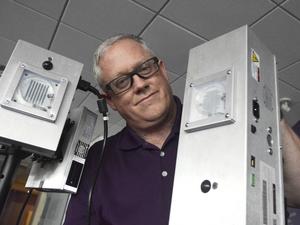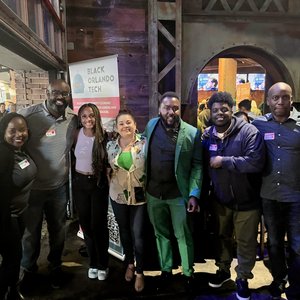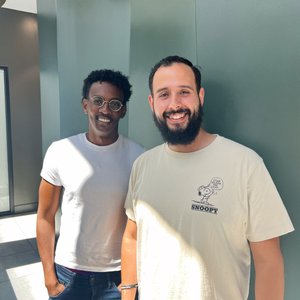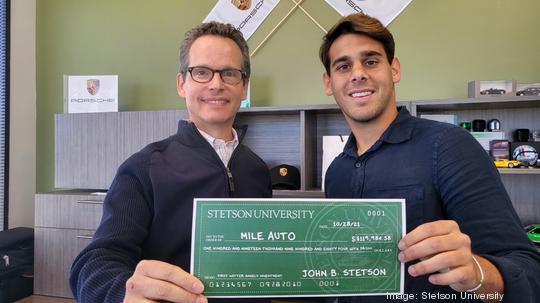
An emerging program at Stetson University gives students the chance to research real startup deals that may lead to investors signing checks.
At the end of this fall semester in December, the DeLand-based university will complete the second semester of the Hatter Angels Network pilot program. The program, launched in the spring 2021 semester, lets Stetson students vet startups for potential investment deals by the Hatter Angels Network, made up of Stetson alumni.
While it’s still a young program, it soon may become a long-term offering at the university, Lou Paris, director of Stetson’s Prince Entrepreneurship Leaders Program, told Orlando Inno.
This program not only opens up the door for more investments by the Central Florida angel investment group, but also exposes students from a variety of majors to angel investing, which typically is when individuals invest in early-stage startups. Exposing more people to angel investing may lead to more active angel investors in the region, which is important for funding high-tech companies in their early stages.
'Demystifying' investing
In the program, students research real startups and recommend potential investments to the angel network. As may be expected, the program gets the most interest from students in business-related majors. However, Paris said faculty make an effort to spread word of the program to students in other majors. Students majoring in computer science, microbiology and music have participated in the program, he said.
The goal is to create a student makeup that is half business students and half students majoring in something other than business, Paris said. “The general public doesn't really understand: What is venture capital? How does it work? Even people who are in business don't quite get all the ins and outs. Our mission is to demystify that and do so in a way that even a music student can sit in the class and get it.”
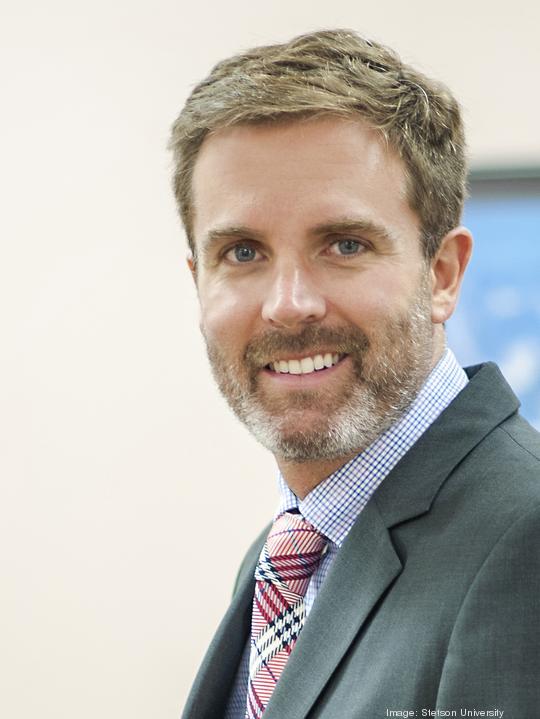
The program led to one deal so far this year, a $119,984 investment in Atlanta-based Mile Auto. The Hatter Angels Network isn’t committed to making an investment every semester if no particular startup stands out enough, Paris said. However, when the group does make an investment, it asks the company receiving the money to allow a student to become an observer on its board of directors.
The program is still in the piloting phase. However, Paris said the goal is to hold the program enough semesters, engage with enough alumni investors and attract enough student interest that it can become one of Stetson’s long-term Signature Programs. “We think that it's only a matter of maybe a semester or two until we can officially call it a Signature Program.”
'Lack of angel capital'
Nationwide, angel investment activity is on track for a five-year high in 2021. There were $2.7 billion in angel investment deals in the first three quarters of the year, according to an October report by PitchBook and the National Venture Capital Association. That means 2021 will see more angel investment deals than any year since at least 2015.
Still, Central Florida needs a bigger pool of angel investors, Orlando serial entrepreneur and Extrenext Ventures Mentor Capitalist Jonathan Taylor said during an Orlando Inno roundtable in September. That’s because most startups across the country get their early capital from angel investors rather than venture capital firms, Taylor said. “The funding challenge in Florida is a lack of angel capital, a lack of experienced and educated angel investors.”
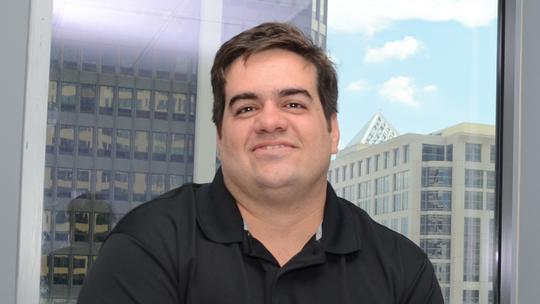
The report doesn’t track how many angel dollars were invested in Orlando startups. However, startup investment activity in metro Orlando was up 26% from the second quarter. There were nine startup investment deals worth $66.3 million in metro Orlando in third-quarter 2021, according to data from PitchBook and the National Venture Capital Association released Oct. 14.
Growing high-tech startups is important for Central Florida, as those firms can create local high-wage jobs. For example, the average local tech wage of $89,000 is much higher than metro Orlando's average annual wage of $48,530, according to CBRE and the U.S. Bureau of Labor Statistics. Plus, startups create innovative solutions for businesses, help develop a community and make it easier for other new companies to form in the future.
Sign up here for The Beat, Orlando Inno’s free newsletter. And be sure to follow us on LinkedIn, Facebook and Twitter.



